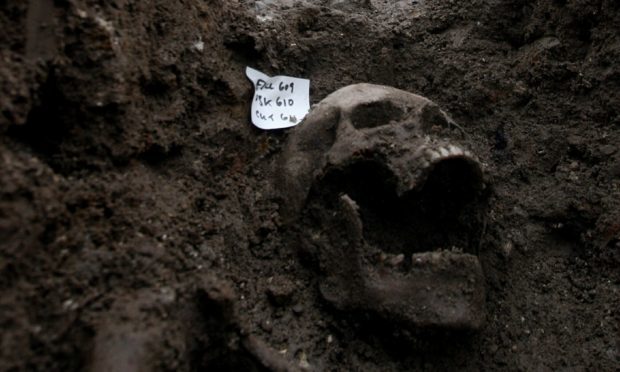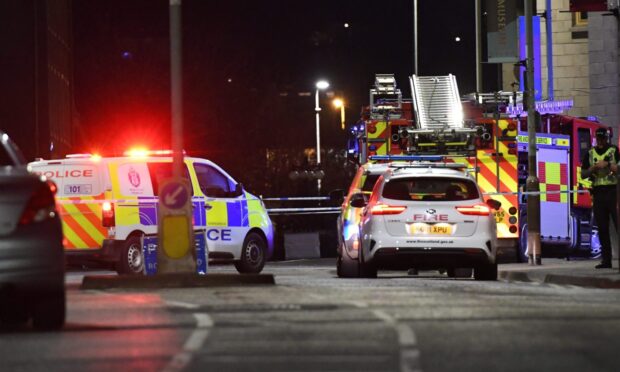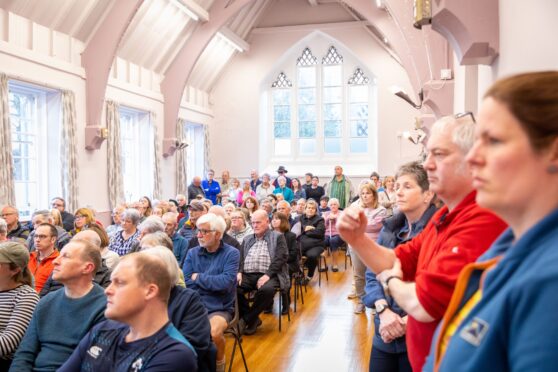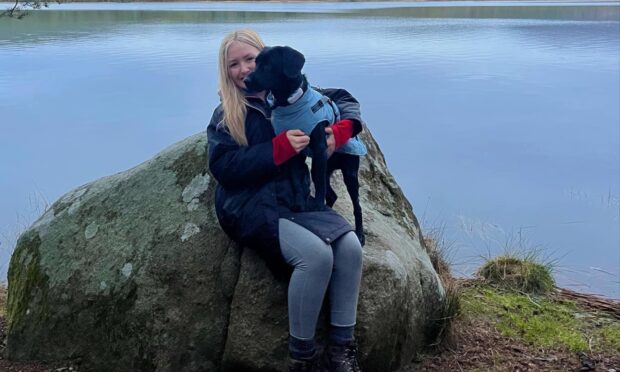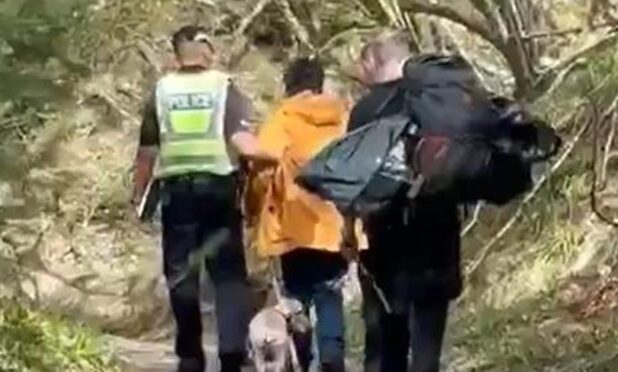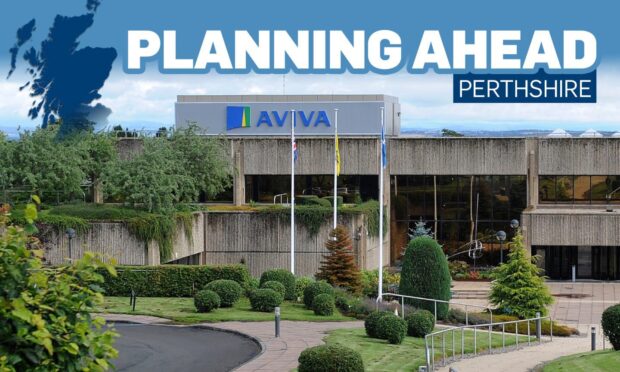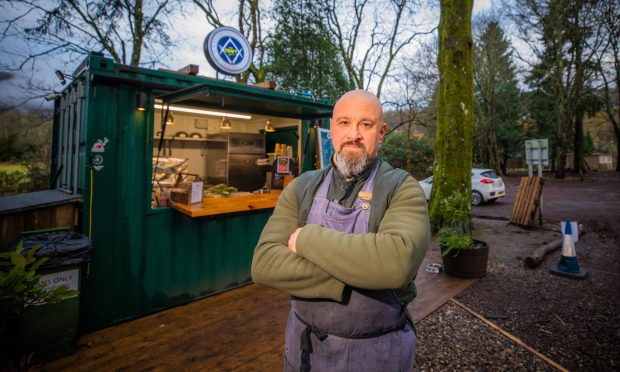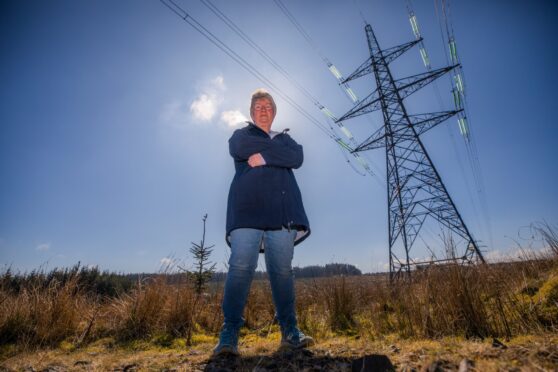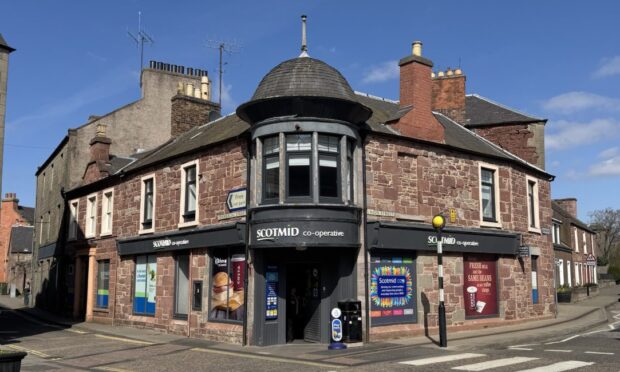Developers have been given the go-ahead to build shops on the site of an ancient Perth burial ground.
More than 330 skeletons have been unearthed at the site of a 13th century friary on the edge of the city centre.
Owners Manorgate took over the plot at the corner of Whitefriars Road and Riggs Road in 2006, unaware of its historic significance.
The company’s original plan to develop the land stalled after an archaeological dig uncovered human remains. It was established the land was once the Carmelite Friary of Tullilum, founded in 1262.
After more than 330 skeletons were recovered during four years of excavations, Perth and Kinross Council has granted Manorgate permission to build two retail units on the site.
Perth and Kinross Heritage Trust (PKHT) has been given assurances no construction will begin until a final, major, archaeological probe is carried out.
Manorgate sued a legal company acting for site sellers First Scottish Property Services for failing to tell them about a need for an excavation. The Glasgow-based firm was awarded damages of £680,000.
Project leaders have not revealed which retailers will operate the new shops, but agents say the design of the building will be similar to a nearby Aldi.
Council planning officer John Williamson said: “The site is considered to be a significant and important one in terms of revealing information about the lives of the Carmelite friars.”
He said a planning condition will allow PKHT to access the site and observe construction work.
PKHT heritage officer Sarah Winslow said: “The Carmelite Friary of Tullilum was founded in 1262, and is thought to be the first Whitefriars house in Scotland, although 10 other friaries followed in subsequent centuries.
“The Carmelite Friary was one of six religious houses based in Perth, indicating its status as one of Scotland’s leading burghs in the medieval period.”
Documents suggest that the friary became the most important Episcopal residence of the Bishop of Dunkeld in the early 1500s.
Ms Winslow said digs in 2008 and between 2014-17 had revealed parts of the friary, its church and the skeletal remains of at least 330 people.
“This archaeological project will reveal important information about the lives of the Carmelite Friars and the people of Perth through the study of architectural remains, archaeological deposits and, most significantly, the physical remains of the people themselves,” she said.
“Given the significance of the site and the scale of the post-excavation work to be completed, PKHT has recommended a staged approach to ensure progress is made prior to additional fieldwork.”
PKHT recently lodged an objection against the council’s plans to revamp St Paul’s Church in the city centre.
